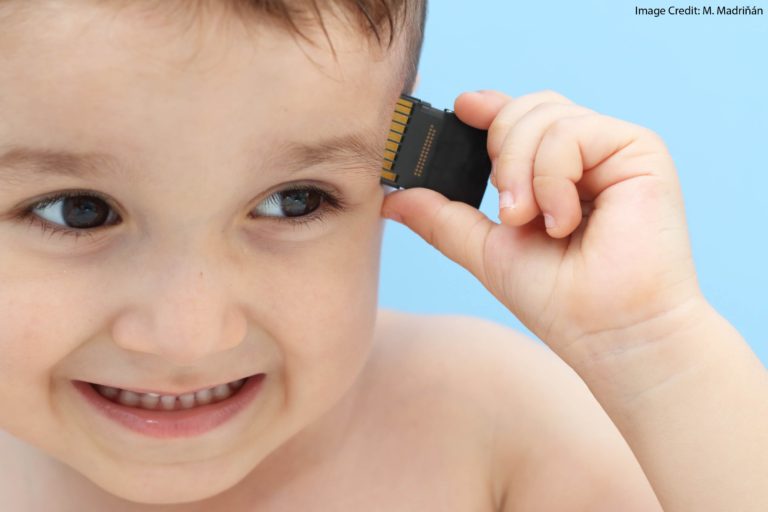Tags
ADHD adolescence attention autism book review boundary conditions classroom advice conference speakers constructivism/direct instruction creativity desirable difficulty development dual coding elementary school embodied cognition emotion evolution exercise experts and novices gender high school homework intelligence long-term memory math methodology middle school mind-wandering mindfulness Mindset motivation neuromyths neuroscience online learning parents psychology reading retrieval practice self-control skepticism sleep STEM stress technology working memoryRecent Comments
- "All People Learn the Same Way": Exploring a Debate |Education & Teacher Conferences on The Goldilocks Map by Andrew Watson
- URL on Difference Maker: Enacting Systems Theory in Biology Teaching, by Christian...
- URL on The Distracted Mind: Ancient Brains in a High-Tech World by...
- Celular na Escola: novas regras transformam o ambiente de ensino - O Mundo no Seu Bolso on Cell Phones in the Classroom: Expected (and Unexpected) Effects
- Is "Cell Phone Addiction" Really a Thing? |Education & Teacher Conferences on Laptop Notes or Handwritten Notes? Even the New York Times...
ABOUT THE BLOG
Yearly Archives: 2019

Does Banning Classroom Technology Improve Engagement? Learning?
A study looking a technology ban in a classroom yielded puzzling results, and insightful recommendations. Continue reading

Critical Thoughts on Teaching Critical Thinking
We can teach critical thinking within disciplines — especially when students master information, and practice core skills. Can we teach more general critical thinking skills? Continue reading

Obsessed with Working Memory: Anticipating Overload
Once we can define working memory and understand its importance, teachers help students learn by ANTICIPATING working memory overload. Here’s how we do that. Continue reading

Growing Mindsets in Argentina?
A study with 12th graders in Argentina highlights an important message about Growth Mindset: doing one thing once is unlikely to have much of an effect. Continue reading

Obsessed with Working Memory, Part II
Working memory allows students to hold and combine information. (We call that “learning.”) What 3 essential facts about working memory should shape our approach to teaching? Continue reading

Beyond the Mouse: Pointing in Online Lectures
When teachers use gestures appropriately in online learning, students learn more. Continue reading

Obsessed With Working Memory: Part I
When I attended my first Learning and the Brain conference, I had never even heard of…

Does Smartphone Addiction Boost Anxiety and Depression?
Despite all the scary headlines, research on cell-phone usage relies on self-report. And: people are very bad at remembering how much they actually use their phones. We simply don’t yet know much from research about their effects. Continue reading

Debunking Education Myths (Without Accidentally Reinforcing Them…)
Enduring education myths get in the way of student learning. Happily, we have concrete strategies to rebut those myths — without unintentionally making them seem more persuasive. Continue reading

Powerful Evidence: Self-Control Training Works — and Changes Brains
Both survey data and fMRI neuroimaging suggest that a program to help poor children develop self-control skills had real benefits over many years. Continue reading
